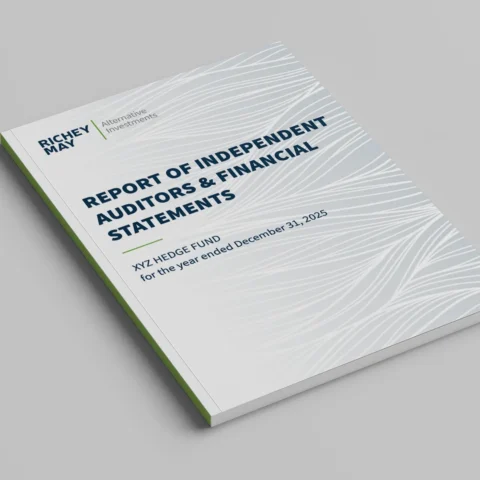The Securities and Exchange Commission today amended the “accredited investor” definition, one of the principal tests for determining who is eligible to participate in their private capital markets. The updated and improved definition allows investors to qualify based on defined measures of professional knowledge, experience, or certifications. This also includes certain Financial Industry Regulatory Authority licenses— in addition to the existing tests for income or net worth.
The Commission has stated that they have also expanded and updated the list of entities, including tribal governments and other organizations, that may qualify to participate in certain private offerings.
The amendments revise Rule 501(a), Rule 215, and Rule 144A of the Securities Act.
The amendments to the accredited investor definition in Rule 501(a):
- add a new category to the definition that permits natural persons to qualify as accredited investors based on certain professional certifications, designations or credentials or other credentials issued by an accredited educational institution. In conjunction with the adoption of the amendments, the Commission designated by order holders in good standing of the Series 7, Series 65, and Series 82 licenses as qualifying natural persons. The Commission will have flexibility to reevaluate or add certifications, designations, or credentials in the future. Members of the public may wish to propose for the Commission’s consideration additional certifications, designations or credentials that satisfy the new rule attributes;
- include as accredited investors, with respect to investments in a private fund, natural persons who are “knowledgeable employees” of the fund;
- clarify that limited liability companies with $5 million in assets may be accredited investors and add SEC- and state-registered investment advisers, exempt reporting advisers, and rural business investment companies (RBICs) to the list of entities that may qualify;
- add a new category for any entity, including Indian tribes, governmental bodies, funds, and entities organized under the laws of foreign countries;
- add “family offices” with at least $5 million in assets under management and their “family clients,” as each term is defined under the Investment Advisers Act; and
- add the term “spousal equivalent” to the accredited investor definition, so that spousal equivalents may pool their finances for the purpose of qualifying as accredited investors.
The amendment to Rule 215 replaces the existing definition with a cross reference to the definition in Rule 501(a).
The amendments also expand the definition of “qualified institutional buyer” in Rule 144A. This includes LLCs and RIBC programs if they meet the $100 million in securities owned and invested threshold in the definition.
The amendments also add to the list any institutional investors included in the accredited investor definition that are not otherwise listed in the definition of “qualified institutional buyer,” the Commission stated, provided they satisfy the $100 million threshold.
If you have any questions about these changes and how they impact your business, contact Stephen Vlasak.
To learn more and access the SEC’s press release, click here.





